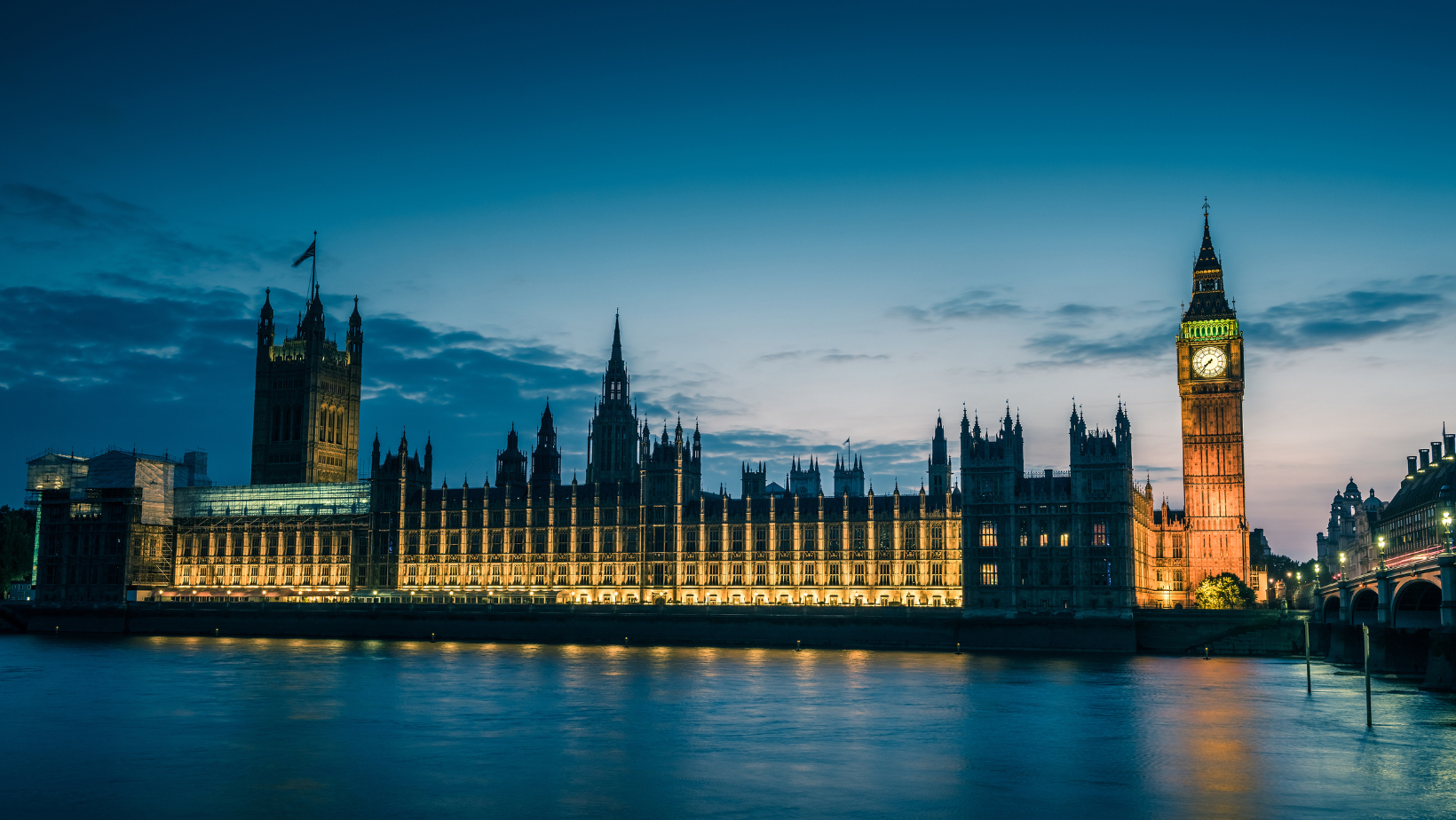In an article we published in January 2022 titled Consultation on Leasehold, the government is currently in the middle of reforming leasehold ownership.
The Housing Secretary, Michael Gove, has called leasehold ownership “an outdated feudal system” and in January 2023 pledged to abolish the system by the end of this year. It was widely expected that this would be replaced with commonhold ownership which is also currently undergoing its own set of reforms.
Next month the Government will announce specific measures as part of their leasehold reform. The measures are expected to include:
- A cap on ground rents
- More powers for tenants to choose their own property management companies
- A ban on building owners forcing leaseholders to pay any legal costs incurred as part of a dispute.
However, it is not expected that these reforms will include the abolishment of the leasehold system altogether. It is reported that this is due to concerns from Downing Street that there is not enough time before the next election to enact fully enact this.
A spokesperson for the Department for Levelling Up, Housing and Communities, has said:
“We are determined to better protect and empower leaseholders to challenge unreasonable costs. We have already made significant improvements to the market – ending ground rents for most new residential leases and announcing plans to make it easier and cheaper for leaseholders to extend their lease or buy their freehold. In line with our manifesto commitment, we will bring forward further leasehold reforms later in this parliament.”
Karolina Zoltaniecka, co-founder of the Commonhold Now campaign group, called the decision “a betrayal”.
What could this mean for tenants?
The fundamental complaint of leaseholders is that they do not effectively own the property they purchased. They hold it on a lease which is ticking down and eventually the lease is extinguished and that terminates their interest. While the lease is in existence they have to comply with onerous terms and if they do not the landlord can forfeit the lease without compensation. None of this will now change. Commonhold was an entirely new system of ownership designed to make it fairer to all. This is therefore a slap in the face for leaseholders.
What could this mean for Landlords?
Aside from the cap on ground rents there will be little change without wholescale reform. Landlords investments will not be significantly effected without reform, things will carry on much as before. The lobbying of major landlords will have successfully countered leaseholders demands for reform.
How Pinney Talfourd can help
Pinney Talfourd are experts in commercial and residential property litigation and can advise you on changes to the law so you are given up to date advice.
Please do not hesitate to contact either Stephen Eccles on 01708 463202 or Oliver-James Topping on 01708 463 227 should you wish to discuss anything further.
The above is meant to be only advice and is correct as of the time of posting. This article was written by Oliver-James Topping, Solicitor in the Residential Property Litigation Team at Pinney Talfourd LLP Solicitors. The contents of this article are for the purposes of general awareness only. They do not purport to constitute legal or professional advice. Specific legal advice should be taken on each individual matter. This article is based on the law as of May 2023.














